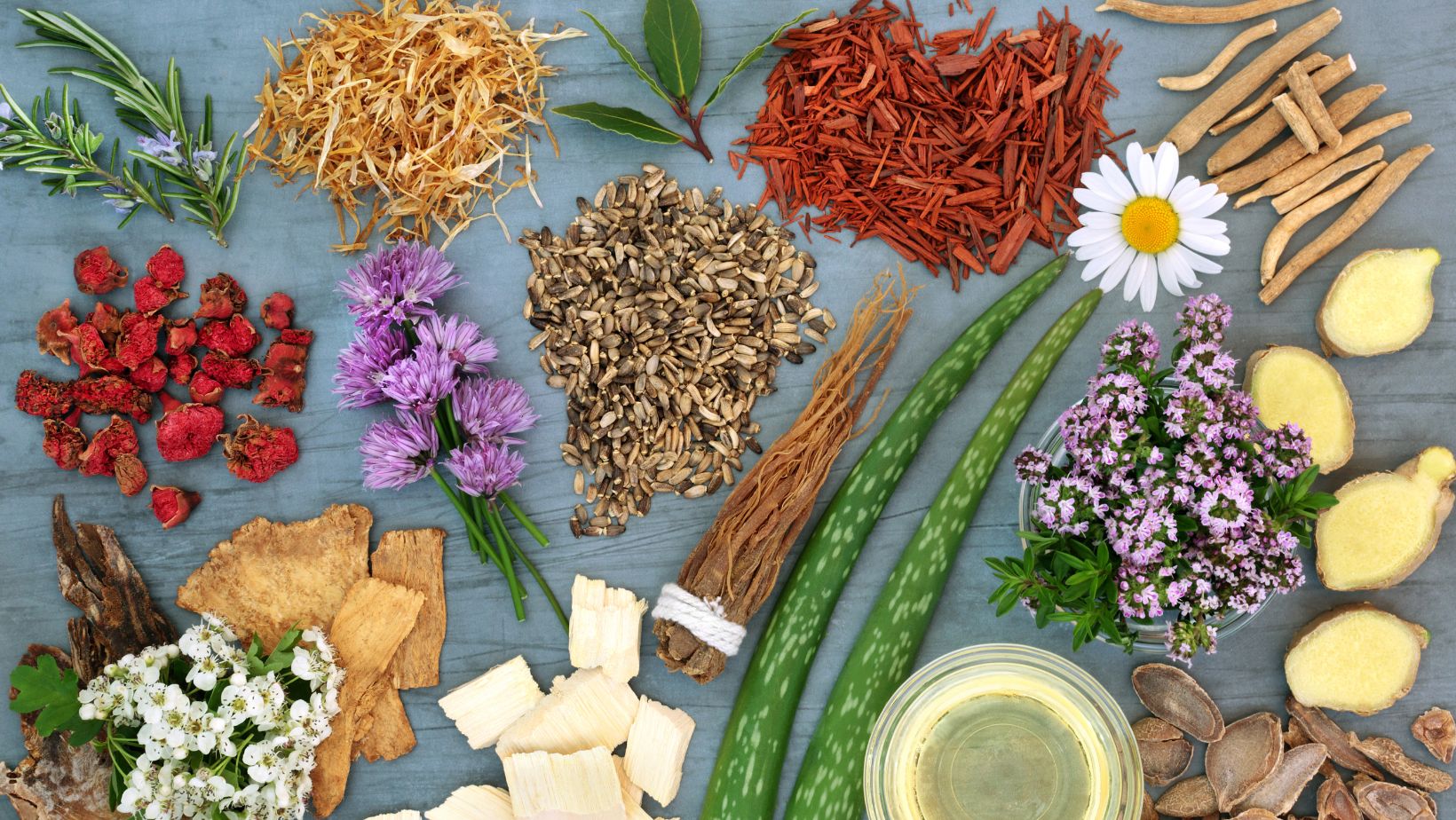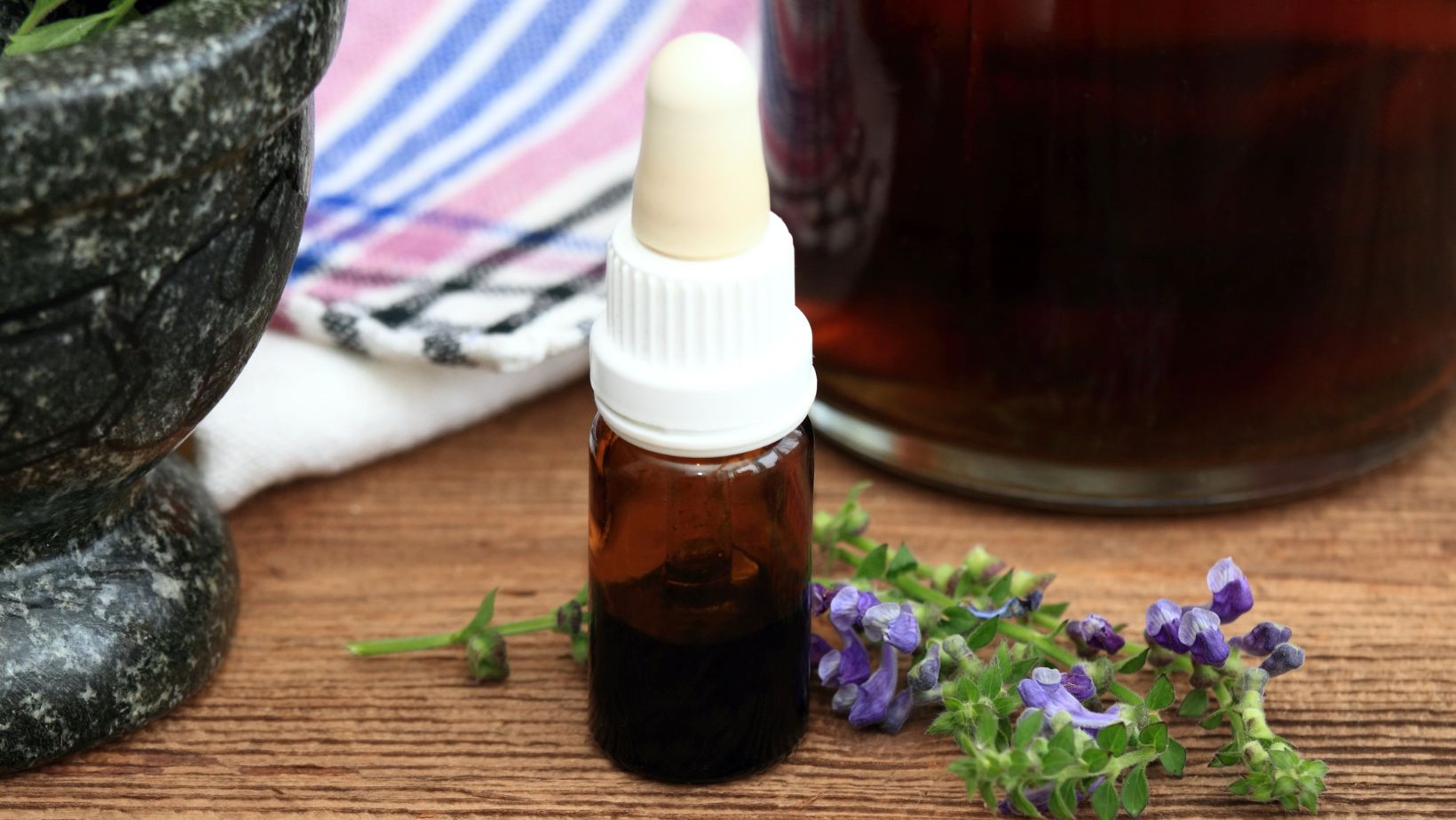
A Gentle Way to Help the Body Heal Naturally
Recovering from addiction is a powerful journey—physically, emotionally, and spiritually. As the body starts to repair itself after substance use, detoxification becomes a key part of healing. While medical detox and therapy are essential, many people turn to herbal remedies to support the body’s natural cleansing process.
Herbs have been used for centuries to promote liver function, soothe the nervous system, ease inflammation, and gently restore balance. While they’re not a substitute for professional care, the right herbs can complement detox by helping the body release toxins and regain vitality.
In this article, we’ll explore seven herbal remedies that may support detoxification after addiction, and how you can safely use them on your path to recovery.
1. Milk Thistle (Silybum marianum)
Supports liver health and regeneration
The liver is one of the most important organs in detoxification. After prolonged substance use—especially alcohol, prescription drugs, or opioids—the liver often needs extra care.
Milk thistle contains a powerful compound called silymarin, which helps:
- Protect liver cells from damage
- Regenerate new liver tissue
- Reduce inflammation
- Boost antioxidant activity
A review in Phytotherapy Research found that milk thistle may improve liver function markers in people with liver disease and may offer protective benefits after toxic exposure (Abenavoli et al., 2010).
How to use:
Available as a tea, tincture, or capsule. Standardized extracts with 70–80% silymarin are often recommended.
2. Dandelion Root (Taraxacum officinale)
A gentle liver and kidney tonic
Dandelion root is a traditional detox herb that supports both liver and kidney function. It acts as a natural diuretic, which helps the body flush toxins and reduce water retention.
Dandelion may help:
- Stimulate bile production
- Improve digestion
- Reduce bloating
- Gently cleanse the bloodstream
How to use:
Steep dried dandelion root in hot water to make a detox tea, or use tinctures and capsules under guidance.
3. Ashwagandha (Withania somnifera)
Reduces stress and supports adrenal health
Addiction takes a toll on the body’s stress response system. Ashwagandha is an adaptogenic herb that helps the body adapt to stress by balancing cortisol levels and supporting adrenal function.
Benefits may include:
- Reduced anxiety and depression
- Better energy and resilience
- Improved sleep quality
- Lower inflammation
A 2012 study in the Indian Journal of Psychological Medicine found that ashwagandha significantly reduced stress and improved well-being in participants with chronic anxiety (Chandrasekhar et al., 2012).
How to use:
Powdered form (in warm milk or smoothies), capsules, or tinctures. Best used consistently over time.
4. Skullcap (Scutellaria lateriflora)
Calms the nervous system
Early recovery often brings nervous system sensitivity, including anxiety, irritability, and insomnia. Skullcap is a gentle nervine herb that helps quiet the mind and soothe emotional overwhelm.
It may be helpful for:
- Insomnia or restless sleep
- Detox-related anxiety
- Muscle tension
- Emotional distress
How to use:
Often taken as a tea or tincture before bed. Can be combined with chamomile or lemon balm for deeper relaxation.
5. Nettle Leaf (Urtica dioica)
Replenishes minerals and cleanses the blood
Nettle is rich in nutrients—especially iron, calcium, magnesium, and vitamins A and C—which are often depleted during addiction. It also acts as a natural blood purifier and supports kidney function.
Benefits of nettle may include:
- Restored energy and vitality
- Reduced inflammation
- Balanced blood sugar
- Improved skin and joint health
A review in Molecules journal highlights nettle’s antioxidant, anti-inflammatory, and detoxifying properties, making it useful for systemic cleansing (Upton et al., 2016).
How to use:
Drink as a nourishing herbal infusion or take in capsule form. Can also be added to soups or broths.
6. Red Clover (Trifolium pratense)
Supports lymphatic drainage and skin detox
The lymphatic system plays a vital role in clearing waste from the body. Red clover helps stimulate lymph flow and is especially helpful for detox-related skin issues like acne or rashes.
It may also:
- Promote estrogen balance
- Improve circulation
- Aid in mild respiratory cleansing
How to use:
Use dried red clover flowers to make tea, or take as a tincture. Often combined with burdock or cleavers for deeper lymph support.
7. Lemon Balm (Melissa officinalis)
Lifts mood and soothes digestion
Detox can be emotionally rocky. Lemon balm is a gentle herb that helps calm the mind and support digestive balance, which is often disrupted after quitting substances.
Known for its uplifting effect, lemon balm may help with:
- Mild depression
- Anxiety
- Cravings
- Nausea or indigestion
Research in Nutritional Neuroscience showed that lemon balm may improve mood and cognitive function when used consistently (Kennedy et al., 2003).
How to use:
Enjoy as a tea, or take in tincture or capsule form. Works well with other calming herbs like passionflower and lavender. Check out flower delivery for getting these flowers as soon as possible.
Important Note on Herbal Safety
Herbs are powerful—just like medication. If you’re currently taking prescription drugs, have chronic health issues, or are pregnant or breastfeeding, speak with a qualified herbalist or medical provider before adding herbs to your detox plan.
Also, herbs work best when paired with a healthy lifestyle, including hydration, sleep, movement, and emotional support.
Final Thoughts
Herbal remedies offer gentle, supportive energy during the detox and recovery process. They don’t “fix” addiction—but they help your body rebuild strength, your mind find calm, and your spirit feel nourished.
Recovery is more than abstaining—it’s about restoring balance and reconnecting with yourself. With the right herbs, a healthy routine, and a compassionate support system, healing becomes not just possible—but sustainable.
Start slow. Sip some tea. Breathe deeply. Let nature walk beside you on the path to wholeness.

